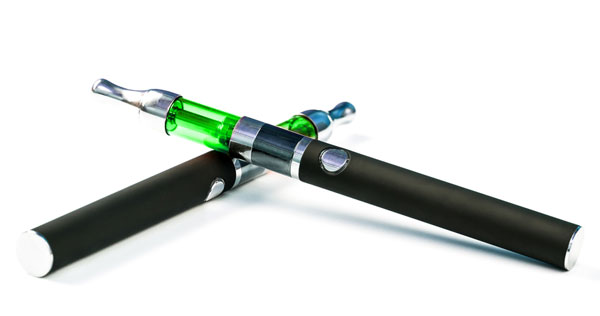
Public awareness of tooth-whitening procedures and products has grown significantly in the past few years. The number of questions our patients and their parents ask about tooth-whitening has also increased especially among parents concerned about their child’s self image and older adolescents/teens who want to look their best. But are these methods and procedures safe for young mouths? Let’s look at a few guidelines.
The research is limited.
First, it’s important to understand that research surrounding tooth-whitening is limited for children. Most studies have only involved adults, so a clear picture of any short or long term side effects of tooth whitening is lacking. The most recent policy update from the American Academy of Pediatric Dentistry is from 2009.
Primary teeth generally do not need treatment.
For the youngest of our patients, any stains or discoloration in primary, or baby teeth, isn’t usually something we would treat. Because these teeth are temporary, they are likely to be preplaced by white permanent teeth very soon. Of course, we’re happy to evaluate any situation you might be concerned with. It’s also a good idea to understand the cause of any discoloration to eliminate issues that may extend beyond cosmetic concerns.
Whitening toothpaste can be too abrasive for children.
Tooth –whitening toothpaste usually works by including a mild abrasive that helps to remove surface stains. In some instances, this can cause tooth sensitivity because tooth enamel may be “scrubbed” away, exposing tiny holes in the dentin beneath. These toothpastes are often too hard on young mouths and should be avoided. For teenagers, always use toothpaste that’s ADA approved and stop using after any signs of tooth sensitivity.
Do you think a procedure may be necessary? Ask us!
We would love to evaluate your child’s teeth to identify the cause of discoloration and to discuss possible treatment options now or in the future. We highly encourage you to reach out to our office before using any at-home treatments.


